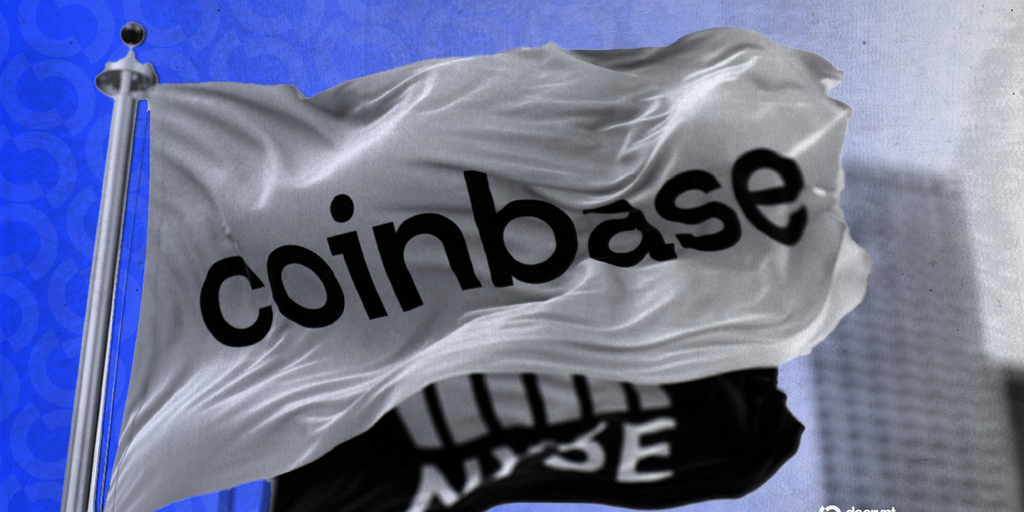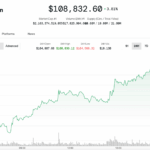Coinbase Faces Backlash Over Sponsoring U.S. Army Parade, Sparking Crypto Controversy
$45 Million Army Parade Sponsoring Coinbase Fuels Crypto Usury
Coinbase, the major centralized cryptocurrency exchange, became the surprise sponsor of Saturday’s U.S. Army parade, overshadowing the $45 million event even as dissent among crypto champions mounted over the perceived contradiction with what they consider the technology’s core tenets.
The Expensive Display and Crypto Backlash
The military spectacle, commemorating the U.S. Army’s 250th anniversary, reportedly cost upwards of $45 million. Armed troops marched through Washington, D.C., watched by thousands, with a prominent announcement thanking crypto exchange Coinbase for its participation via a one-time donation. The moment, captured on video, quickly trended, drawing millions of views on platforms like X.
However, the sponsorship immediately ignited widespread criticism from crypto users and commentators. Figures like Peter Saddington, an early Bitcoin supporter reportedly active since 2011, expressed shock and dismay, viewing the sponsorship as an outright betrayal of Bitcoin’s foundational principles.
“Anti-War” Currency Suppositions
At the heart of the controversy lies the assertion, championed by some cryptocurrency backers, that Bitcoin is inherently an “anti-war” currency. While not a property funded by bleeding noses, the fixed scarcity of Bitcoin—unlike government-issued fiat that can be debased by excessive printing, as seen historically in events like Germany’s World War I hyperinflation—supposedly prevents governments from using it to finance conflicts. Advocates like Peter Saddington view supporting military institutions as fundamentally opposed to Bitcoin’s libertarian ideals and success.
Quoting pseudonymous crypto expert OkHotshot, seasoned journalist OkHotshot also weighed in, adding, “Fiat is a tool of war. Governments sanction countries with it. Satoshi protested against bank bailouts and government-controlled currency—armies represent the ultimate manifestation of fiat power.”
A Change in Coinbase’s Alleged Neutrality?
In a 2020 blog post co-authored by then-CEO Brian Armstrong, Coinbase declared its policy would emphasize minimal focus on political causes, explicitly stating its intent “not to advocate for any particular cause or candidate” unrelated to its core mission. Whether the $45 million Army parade qualifies as “political” remains debated online.
Said crypto personality Adam Cochran, founder of Cinneamhain Ventures: “I’ve been a Coinbase customer for over a decade… But for now, it’s time for me to vote with my wallet and use alternatives.”
Coinbase’s Defense: Non-Partisan Affiliation
Seeking clarity, a Decrypt correspondent reached out to Coinbase. A spokesperson clarified that the event shout-out was a result of a one-time donation to “America250,” a non-partisan initiative established by the National Archives Foundation to celebrate the U.S. 250th anniversary. They argued: “Coinbase is not Bitcoin. Rather, it is a company that supports trading for hundreds of cryptocurrencies.”
other notable company sponsorships for the initiative reportedly include “soft drink giant Coca-Cola, investment bank Goldman Sachs” and controversial data “defense contractor and controversial data firm Palantir.”
Notably, Coinbase was also among President Trump’s largest crypto donors during his January 2021 Inauguration festivities, reportedly contributing $1 million.
Crypto’s Dilemma: Revolution Building on the Fringe
Despite the row, others, like Web3 marketer Ishita Pandey, interpret the sponsorship differently. They see it as crypto shedding its fringe image and entering the mainstream apparatus, navigating newfound relevance.
Conspiratorial users also weighed in, benchmarking the move against a “big plan,” though lacking specifics.
Ultimately, the Coinbase-U.S. Army sponsorship marks a significant landmark in the ongoing triangulation of a fledgling technology—balancing its narrative of decentralization and anti-establishment sentiment against practical realities of corporate growth and modern political alliances.












